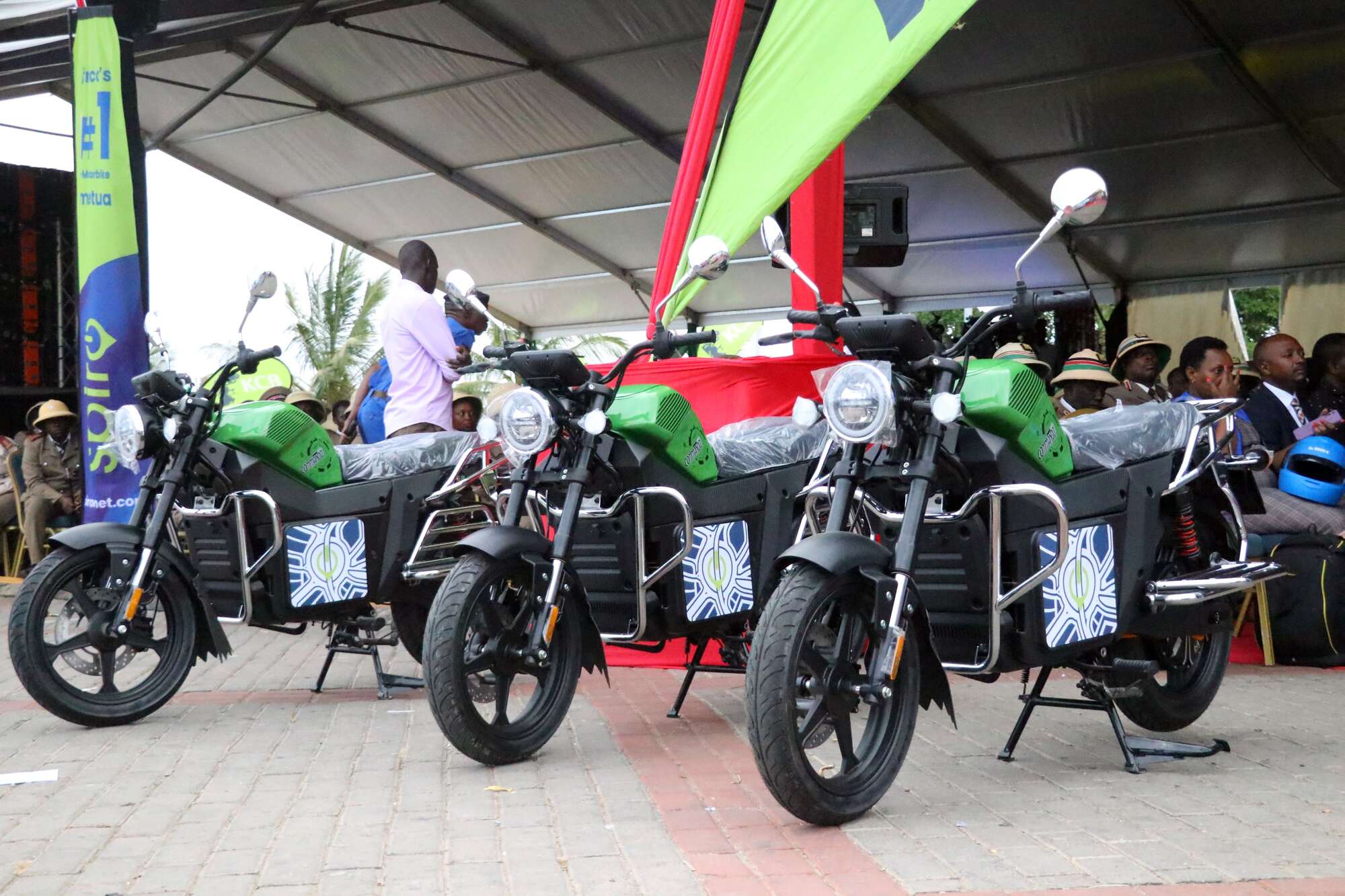
Spiro, an electric car dealer, uses an Afreximbank $50 million loan
The African Export-Import Bank (Afreximbank) has provided a $50 million loan to the Kenyan-based Pan-African electric vehicle firm Spiro in order to extend its activities across the continent.
According to a statement from the company, the agreement was struck this week during the Africa CEO Forum in Kigali. Spiro is a vendor of electric motorbikes.
This occurs months after Societe Generale awarded the company $63 million in August of last year to help it expand into Togo and Benin.
After starting operations in 2019, Spiro now runs over 600 EV battery switching stations throughout Kenya, Benin, Togo, and Rwanda.
Spiro CEO Kaushik Burman stated, “The $50 million debt facility will significantly enhance our operational capabilities and help us expand to more African countries.”
In an effort to increase its presence in Kenya, Spiro in February announced a partnership with Petrocity, an oil marketing company, whereby the EV startup will install battery swapping stations at Petrocity’s locations.
According to Kanayo Awani, Executive Vice President of Afreximbank’s Intra-African Trade Bank, “the future of transportation lies in the use of electric vehicles and as demand for clean energy solutions soars, support towards companies like Spiro is crucial for accelerating the adoption of electric vehicles and reduction of carbon emissions.”
This occurs at a time when EV companies in Kenya and around Africa have been vying for capital in recent years to support their expansion through a combination of debt and equity.
For example, in order to expand the production of electric buses and motorbikes, Roam, formerly known as Opibus, secured $24 million in a Series A round in February. The US International Development Finance Corporation (DFC) also committed to lending up to $10 million of this amount.
Another well-known local EV company, BasiGo, obtained $3 million in equity capital in March from CFAO Group, a mobility sector company that is fully controlled by Toyota Tsusho Corporation, based in Japan.
Local assembly lines have been set up by EV companies in order to fulfill the ever-increasing demand for electric buses, motorcycles, and passenger automobiles.
In order to address a shortage that has been identified as one of the main obstacles preventing the uptake of e-mobility, they have also been installing charging stations in strategic areas of Nairobi with plans to expand to other large cities.
All Categories
Recent Posts
Tags
+13162306000
zoneyetu@yahoo.com



